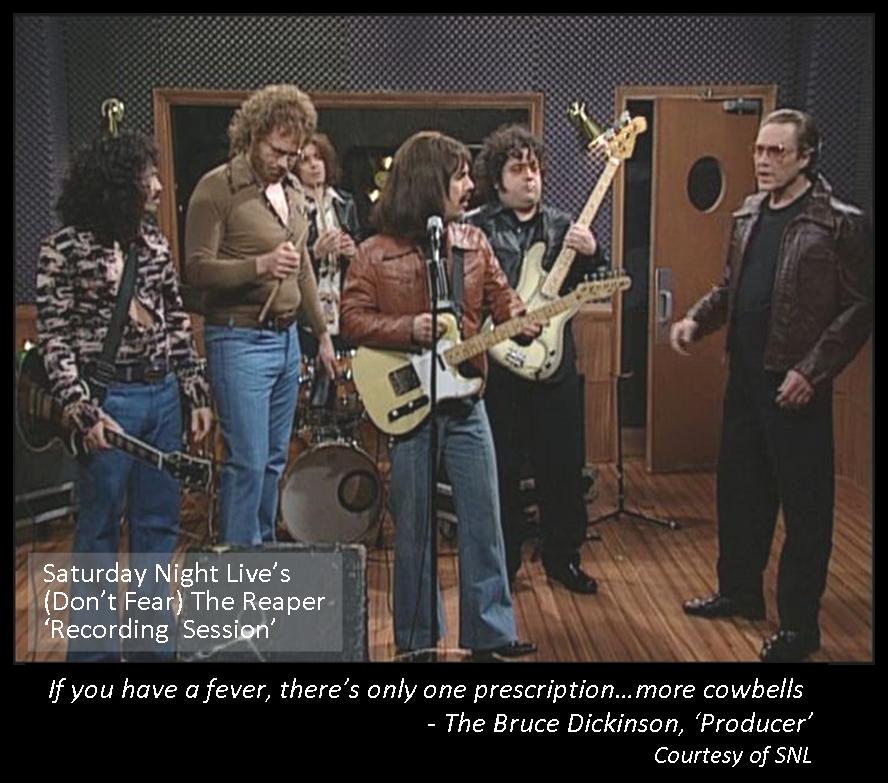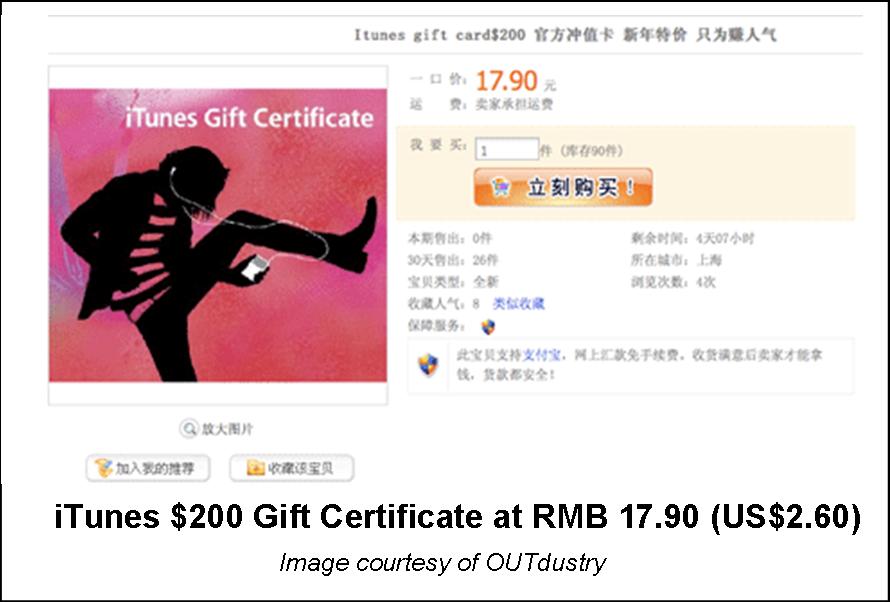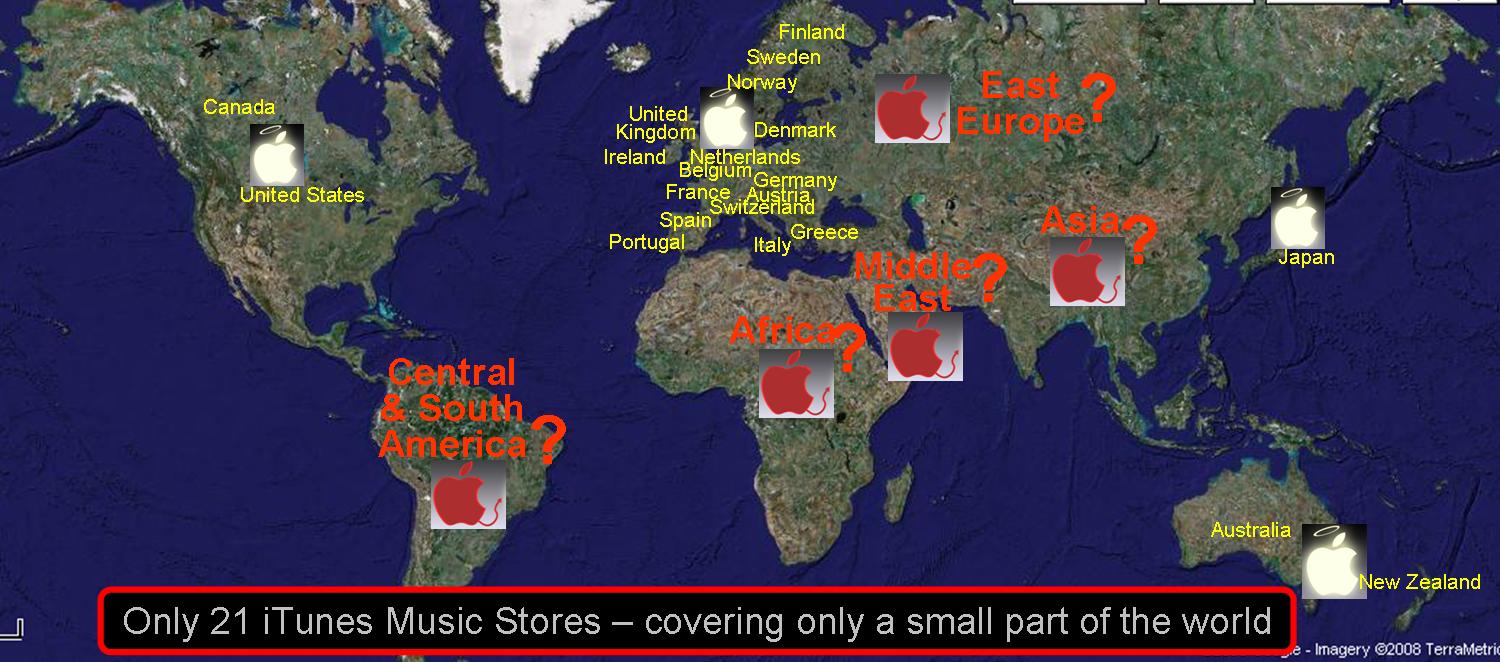Global Music Copyright headaches… exploring the space
Recently, the real Blue Oyster Cult producer, Sandy Pearlman, Simon Wheeler (Beggars), Catharine Saxberg (Canadian Music Publishers Association) and myself took a shot at putting the role of music copyright in perspective in this digital world in an online discussion organized by the Transmit crew.
Entitled “Copyright isn’t going away….or is it?” and moderated by Paul Hoffert, Media Professor at York University and Chair of The Bell Broadcast and New Media Fund, the wheels were set in motion with the big question:
Is copyright still the essential underpinning of music business or has it (will it) become irrelevant? Given the complexities of national and international copyright laws, does the whole system need a major overhaul? Who knows what the [bleep] is going on?
A full transcript of the discussion has been expertly compiled by Paul on the TransmitNow website but I have attempted to highlight some of the major points stated by each of the participants below:
Simon Wheeler (Director of Digital Beggars Group, UK):
Copyright in its simplest principle is still the core of what the creative industries build value around, without the protection of copyright many industries would struggle or cease to exist and that change [could] be too hard to bear for many. Copyright… does work and is working still, [although] there could be more clarity and consistency… particularly across territorial boundaries. [For the most part] I can’t think of instances where copyright is holding back development or innovation.
There’s no treading water or burying heads in the sand. Digital media consumption is changing our cultures at almost every level and impacting every industry that it touches. Music has been the canary in the coal mine for over decade, and now we’re seeing that the inevitable is happening to other aligned industries… it’s painful at times to watch them make similar mistakes to the music industry…Copyright laws have been added piecemeal, bolted on to principles which [were formulated] a long time ago, and arguably are less relevant today. Even the recent 2000 DMCA (Digital Millennium Copyright Act) in the USA feels astonishingly outmoded now. Principles like safe harbour that were originally intended to provide protection for ISP’s are now barriers that some copyright users hide behind, to the detriment of copyright owners.
Major changes are needed in how rights holders [manage] their copyrights, and we are starting to see wider and more creative licensing which leads to the development of more innovative services, but this is still very early days. [we have] a long way… to go before we can clear the trees enough to see clearly how copyright should look in a purely digital age.
Sandy Pearlman (Schulich Distinguished Chair, McGill University; Producer Blue Oyster Cult, the Clash, Former Manager Black Sabbath; President 415 Records; founding VP Emusic.com):
Copyright law requires immediate and radical change for the special case of ‘recorded music objects’ [sound recordings]…The extremely hostile technology environment has rendered increasingly irrelevant general copyright and such fanciful extensions of copyright as the DMCA. Given the inexorable parallel advance of technology trend lines… further delay in rectifying this situation will prove fatal for [the recorded music] industry.
However this should not be taken to mean that copyright itself is inherently irrelevant going forward. On the contrary, it is essentially the misapplication and technologically infeasible extension of copyright (i.e. copywrong) as represented, by such legislation as the US DMCA and it’s international legal evil twin the WPPT (World Intellectual Property Organization’s Performances and Phonograms Treaty) that has created the current copyright spacewreck. it is entirely plausible that technologically informed, state and case specific applications of copyright would actually reverse the fatal trend line.
The recorded music industry succumbed to the grand illusion that it could ‘negotiate’ any deals it wished, confident in the ‘absolute security’ seemingly embodied in the unholy trinity of DMCA, WPPT, and DRM, since it possessed legal absolution sufficient to impose its terms. Unfortunately, technology had sufficiently coevolved as to render these inoperative and irrelevant.
Talk about a grand illusion! Technology runs over legality. Wouldn’t be the first time. Won’t be the last.
Mathew D (President, International, R2G, China):
The music industry has been grossly negligent in allowing copyright and licensing issues on a global scale to lapse into a constant state of self-induced paralysis.
10 years after Napster, large swathes of the world still do not have legal options to download full-length music. Too many labels have their heads up their proverbial [asses] in not making their music easily accessible legally at fair prices in Asia, Africa, South America and the Middle East. That’s… several billion people who haven’t been given fair access in this digital age, and who have few options other than to navigate the hitherto minefields of P2P and torrent sites and be labeled as pirates.For example, iTunes, Napster 2, Rhapsody, Spotify, Pandora, We7, eMusic etc are all frustratingly not accessible in these markets users in these markets who are willing to pay have been constantly subjected to the “XXX is not available in your country due to copyright restrictions”… And now that the larger (and obviously less nimble) labels have been squeezed into a corner like a wounded animal, they are sometimes embarking on desperate / innovative / daring measures (description is based on choice of spin and source) like giving away music for free, moving into non-core competency businesses in the name of 360 etc without realizing that they might further contribute to the erosion of the intrinsic value of music.
Catharine Saxberg (Executive Director, Canadian Music Publishers Association):
We are lucky that people want our music. We should be using copyright to focus more on how they can have it (as long as we’re paid), not how to keep it from them. ….There is kind of a yin/yang tension between licensing and enforcement. In a digital world, enforcement is currently extremely difficult because the scale of infringement is so much broader than the ability of most enforcement techniques to stop it….. Did the RIAA’s lawsuits indeed have a deterrent effect? How much? How do we know?
Rather than focusing on the Foucauldian sounding ‘control and punish’ aspects of copyright, we should focus on the positive [benefits of relatively easy] licensing that copyright provides.
Let people use music however they want, whenever they want, as long as creators and their rights holder partners are fairly compensated, [based] on the type and extent of the use. That s not to say that we should give up on enforcing our rights, but thus far, that seems to have been our primary focus and I think it should instead be providing access to our music. We tend to focus on piracy and piracy alone… heck, we can t even quantify the losses to piracy in a way in which we all have faith, much less add in the implications of all other factors. We know that piracy has had a dramatic effect on the music industry. But so have other things.
The discussion further covered the following topics which can be read on the TransmitNow site
- “3-strikes and you’re out” action against subscribers by ISPs
- The abuse of the DMCA/ WPPT
- Relevance of Creative Commons
In conclusion, ringing in more cowbells or talking till the cows come home isn’t going to provide the necessary resolution of the copyright dilemma.
The gridlock of confusion and frustration with regards to music copyright is not at all helped by the dinosaurs of the recording industry using copyright as their weapon of choice for self-preservation on the one side facing off with the echo-chamber tech sector/ futurists who simply take potshots with the “all music should be free” mantra as they comfortably sit on the sidelines in their respective industries.
But it is important that groups of people in a position of influence in the music industry and are open to new ideas come together to initiate change to help move and shape the new music industry as they are strategically placed to actually do stuff – as opposed to those who just talk!



